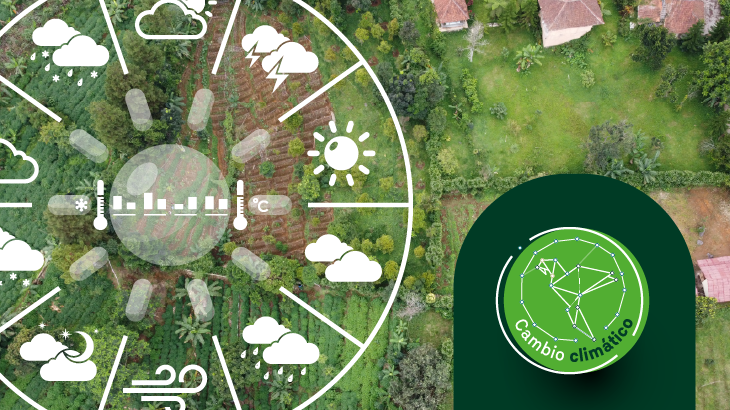
The most recent
Abstract
This paper studies the dynamics of farm size distribution, how they are in uenced by weather shocks, and the implications for aggregate productivity. Using data from several developing countries, we first document new empirical facts about households' landholding choices and how weather shocks in uence these decisions. Building on a rich longitudinal dataset for Colombia on farm sizes, land transactions, and households' consumption and investment decisions, we then show that weather shocks increase the frequency of land sales and reduce farm sizes within municipalities, especially among smaller farms. To rationalize these facts, we develop a dynamic, heterogeneous household model in which uninsured farmers make landholding and occupational choices. Our calibrated model shows that uninsured risk substantially curbs aggregate agricultural productivity, and that the effects of temporary weather shocks on farm size and agricultural output are highly persistent, taking more than a
decade to fade out.
Climate shocks increase land sales, leading to greater land fragmentation, especially among small farms. This increases the number of farmers in municipalities affected by the shocks, with a predominance of smaller farms.

 Nicolás de Rouxe,
Nicolás de Rouxe, 